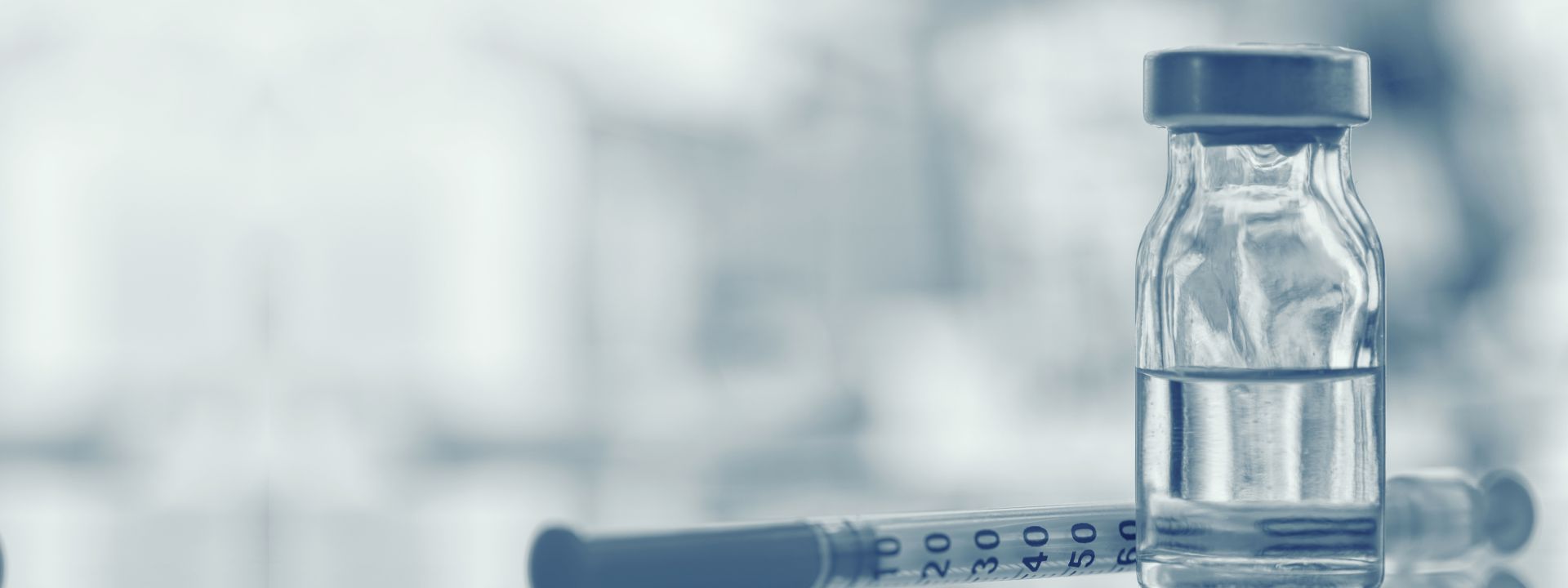Health Disease
Your body is the most priceless possession. After all, you have to dwell in it! So take care of it with a right Health Insurance Plan.
What is Dandruff?
Dandruff is a skin condition related to the scalp causing flaking of the skin. Usually, it occurs along with itching causing skin irritation.
In short, dandruff is the white unpleasant flakes that usually fall on your dark blouse or shirt’s collar. Though the dandruff exact causes are unknown, there are a variety of other factors that actually increases the risk of the same. Dandruff also doesn’t have any relevance to poor hygiene. However, if you do not wash or more often brush your hair, the conditions of dandruff may aggravate thereby making it more visible. It might be embarrassing to get this scalp condition called Dandruff, but, at the same time it can be treated as well. It is usually said that dandruff is caused due to environmental conditions and genetic factors.
Causes of Dandruff
Though the exact dandruff causes are not known, here we list out few factors that play an active role for the same:
Primary Causes:
- Genetic factors
- Environmental conditions
Secondary Causes:
- Seborrheic dermatitis
- Not brushing of the hair often
- Dry skin
- Yeast
- Type of shampoo and conditioners or other hair-care products
- Medical conditions
- Skin conditions such as psoriasis, eczema
- Mental stress
- Diet
- Age of the individual
Types of Dandruff
There are three types of dandruff. They are:
- Product buildup: This type of dandruff is usually caused to people who originally have healthy manes and scalps yet pile up plenty of styling products, shiny hairgels, layering gels, hairsprays, etc. on top of other products. This type of dandruff caused due to product pileup usually doesn’t look like flakes. However, it does look like tiny clamps or balls of dust and dirt.
- Dry scalp: This type of dandruff usually leads to dry and parched scalp making your scalp to flake and fall just like snakeskin. Usually people with curly and dry hair suffer from dry scalp.
- Fungal growth: This type of dandruff is chronic in nature and is caused usually because of oiliness and imbalance of PH levels of the scalp as well as poor cleansing habits. Fungal growth may even occur due to allergic reactions to sulphate.
Treatment
What should you do in case your Dandruff worsens?
In case you get severe stinging, itching, redness or even burning sensation from a particular product, it is advisable to immediately stop using it. In case you feel of having developed any allergic reaction like hives, rash, difficulty breathing, etc. you should see a doctor immediately.
What are the available Dandruff treatment options?
Mentioned below are the possible dandruff treatments available.
Once your medical practitioner has confirmed that you have condition named as dandruff (seborrheic dermatitis), he may prescribe you antidandruff shampoos, cleansers, as well as anti-inflammatory creams, lotions or other hair products. Usually, dandruff treatment involves usage of different medicated ingredients at the same time.
You may also be prescribed Over-the-counter shampoos as well as other steroid cream medications as dandruff treatment. Other than that you will be asked to shampoo and cleanse your hair frequently. Alternative dandruff treatment may be prescribed in case of severe cases that don’t respond to a combination of foams, steroid creams, lotions, sprays, etc. Normally, a dermatologist is the best who may help you for resistant cases that were not healed with standard therapy.
Are there any natural or homemade remedies for Dandruff?
Mentioned below are some of the natural or homemade remedies for dandruff:
- Tea tree oil: Due to its anti-inflammatory and anti-microbial properties, application of tea tree oil will help reduce specific fungus causing dandruff as well as seborrheic dermatitis.
- Coconut oil: This is the best solution to prevent dryness and provide atmost skin hydration that otherwise can worsen your dandruff.
- Aloe vera: Aloe vera has properties such as anti-fungal and anti-fungal and hence regular application of the same may help in reducing inflammation and other fungal infections causing hair loss.
- Reduce stress levels: Stress can be harmful thereby impacting your overall well-being. Dryness as well as itchiness go hand in hand with stress. Therefore, it is advised to reduce stress levels to make your immune system strong.
- Use apple cider vinegar: Apple cider vinegar has properties that can help in removing the dead skin cells and maintaining the Ph levels of the scalp. It may also help in preventing certain types of fungus.
- Use Aspirin: Aspirin has salicyclic acid that helps in reducing inflammation. A shampoo containing salicyclic acid can help in reducing dandruff and seborrheic dermatitis.
- Intake of Omega 3s: With intake of Omega 3s, you may find relief from inflammation, dry skin and dry hair. Therefore, consume fatty fish such as salmon, mackerel etc.
When to see a doctor?
You may be embarrassed with the sight of the white flakes on your clothing. But, do not fret. There are certain over-the-counter effective shampoos and other products that could help in resolving your query. Thus, dandruff may not be the only reason for having an itchy scalp but if your type of dandruff is very stubborn, there are chances that you may have eczema, psoriasis, or certain fungal infection. This is when you should ideally see a doctor for help. Besides, if your scalp is becoming swollen or red, you can take an appointment with your dermatologist.








 support@greyfont.com
support@greyfont.com Call Us on (022) 4891 3051
Call Us on (022) 4891 3051